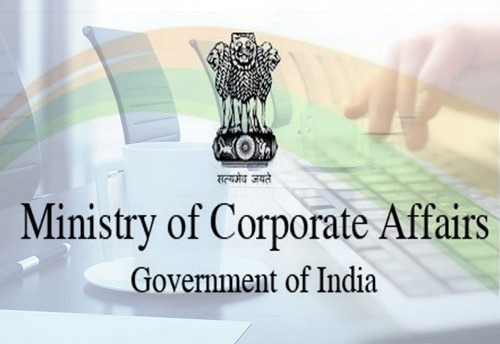@JUDGMENTTAG-ORDER
Jyotirmoyee Nag, J.@mdashThese Rules are directed against the order dated 10-9-1976 passed by the learned Metropolitan Magistrate. Calcutta.
2. An application was filed on behalf of the accused petitioners that the challan submitted in the case against the accused persons disclosed no cognizable offences under the old Code and as the Police did: not take the permission of the Court u/s 155(2) of the Cr.PC at the Investigation stage when it was found that the offences were non-cognizable only the cognizance taken in the case by the learned Magistrate was bad in law on the basis of such a challan. Police started investigation in the case on tha basis of an F. I. R. which disclosed offences Under Sections 420/511'' and 471/467, IPC Ultimately charge-sheet was submitted in respect of offences Under Sections 471 and 467, I. P. C which offences were previously non-cognizable under the old Code.
3. It was submitted by Mr. Bala Chandra Ray appearing on behalf of the petitioners that the cognizance is bad inasmuch as at the time cognizance was taken by the learned Magistrate the challan disclosed only non-cognizable offences and as police had not taken permission u/s 155(2) of Cr.PC for investigating into non-cognizable offences the whole investigation is bad and consequently the challan is also bad and thus cognizance taken on vitiated challan was liable to be quashed. When the investigation started however on the basis of the F. I. R. an offence u/s 420, IPC was also there. Accordingly there was nothing wrong in investigating as the police at that time while investigating into a cognizable offence, could also investigate into non-cognizable offences. Ultimately, on examination of witnesses, [police found that there was no offence u/s 420, IPC and non-cognizable offences only were made out. Accordingly challan was submitted for non-cognizable offences only. When the investigation was complete the Cr.PC of 1973 came into operation. Under the present Code offences Under Sections 471, 467 and 474 have been made cognizable offences. Therefore, the learned Magistrate was right in taking cognizance of the case on the basis of the charge-sheet for he was acting under the provisions of the new Code. Even if it is held that since the investigation was under the old Code and at that time the offences were non-cognizable, the learned Magistrate could have taken cognizance on the basis of the challan for non-cognizable offences which according to explanation to Section 2(d), Is a complaint. The explanation to Section 2(d) provides that a report made by a police officer in a case which discloses, after investigation, the commission of non-cognizable offence, shall be deemed to be a complaint and the police officer by whom the report is made shall be deemed to be the complainant. Therefore, u/s 190(1)(a) the learned Magistrate could take cognizance on the basis of a complaint as the challan in the present case would be and the police officer being a public servant he need not be examined Under Section. 200 of the Criminal P. C. by virtue of Section 200(a). Ac- cordingly, I hold that the learned Magistrate was perfectly right in taking cognizance of the case on the basis of. the challan which is not vitiated by any legal flaw.
4. I accordingly discharge the Rules.

